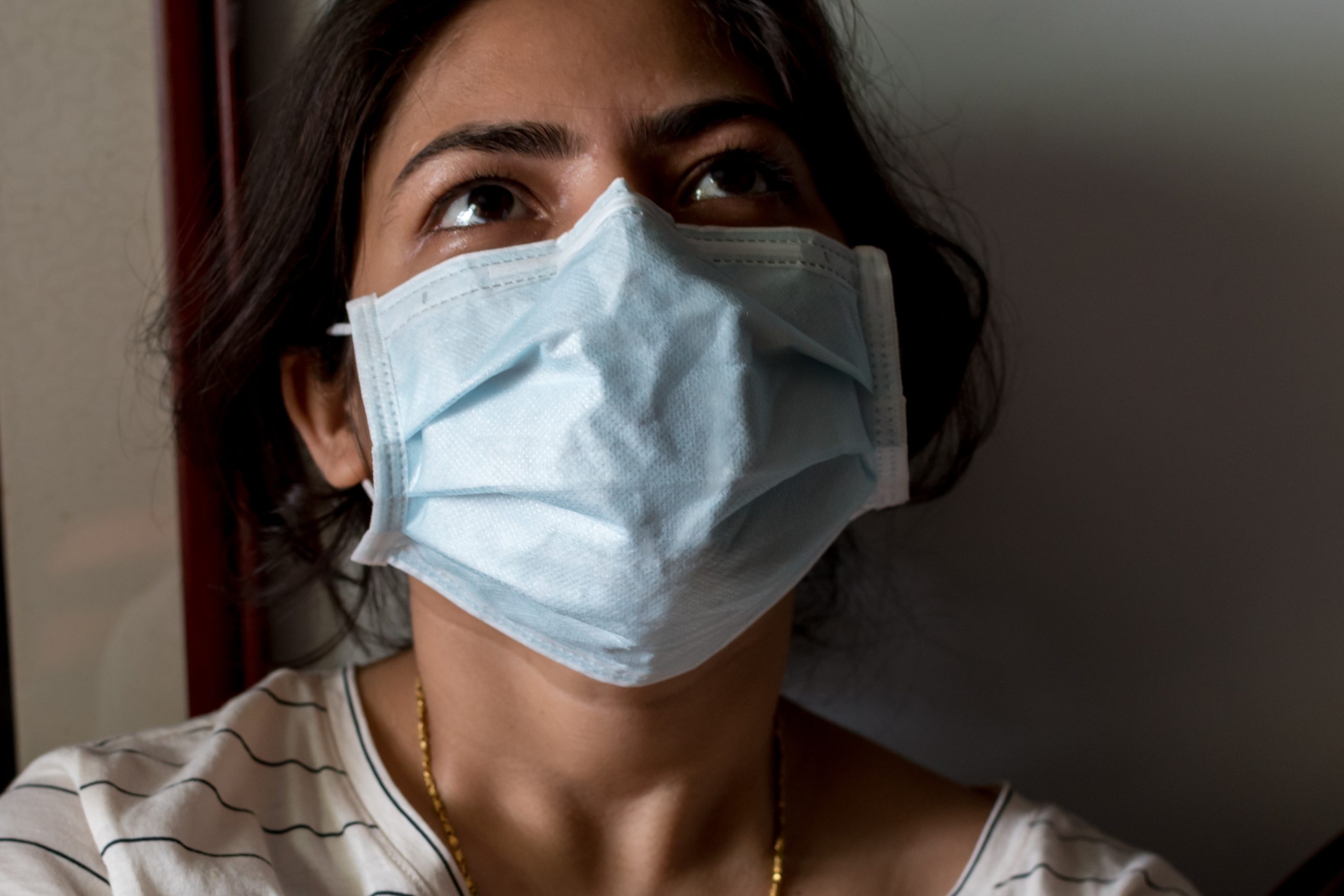Adapt, adjust, overcome: how Public-Private Partnerships are leading the battle against COVID-19

Sylvia Gampritsou, Concordia Partnership Development Intern, looks at how PPPs are helping to tackle the COVID-19 crisis in the United States and beyond through convergent initiatives and understanding on how to contain the pandemic.
After declaring a national emergency in the U.S. earlier this month, amid Washington’s mounting struggles to one-handedly provide the whole nation with relief, President Trump highlighted the importance of public-private partnerships (PPPs) in addressing the COVID-19 pandemic and, in particular, in enhancing the nation’s testing capabilities. Today’s growing global health crisis not only highlights the urgent need to leverage the private sector for its speed and implementation capacity, but it also draws attention to the critical role of the public sector in terms of emergency measures—in particular waiving federal regulations and laws, and giving doctors flexibility to treat affected patients.
Deborah L. Birx M.D, Ambassador-at-Large, Global Aids Coordinator, and U.S Special Representative for Global Health Diplomacy at the Department of State, is currently overseeing the White House’s efforts to confront the pandemic. Previously in charge of overseeing the U.S. Government Activities to Combat HIV/AIDS, Ambassador Birx has been a champion of PPPs for a number of years. At the 2019 Concordia Annual Summit, Ambassador Birx took to the stage to call attention to Concordia’s vital role in placing the private sector at the forefront of gender equality, and the year prior she co-chaired a Strategic Dialogue on PPPs to support health of women and girls. Fast forward to today and the COVID-19 pandemic, and her advice of “bringing together corporations” is relevant now more than ever before.
Partnering with the private sector will provide needed aid to overwhelmed state and local governments, which are already tapping into a historic $2 trillion stimulus package. It will also catalyze innovation, and leverage technical and data capabilities to compliment government service delivery, supporting the affected American public and their loved ones. On March 10th, a day before the World Health Organization (WHO) declared COVID-19 to be a pandemic and two days before the U.S. declared a national emergency, Mastercard, alongside the Bill & Melinda Gates Foundation and Wellcome Trust, launched the COVID-19 Therapeutics Accelerator. The Accelerator, designed to “bring together resources and expertise” and rapidly develop a medical response to COVID-19 and other viral pathogens, represents one of the first high-profile partnerships to develop as part of a global response to the outbreak. This partnership reflects the thinking that all sectors of society must collectively work together to develop, produce, scale, and distribute a vaccine even in the face of significant financial barriers to R&D. These partners have brought their collective resources and experience together to design a path forward that could save millions around the world.
This is just one of many examples of the private sector’s involvement in addressing this pandemic.
Partnerships will be essential to meet the myriad of challenges surfaced in the U.S. health system by COVID-19.
Hospitals are critically low on face masks, protective gear, and swabs needed to test patients for the virus. As a result, potentially-affected populations are not getting tested due to shortages— despite showing symptoms—resulting in inadequate containment measures and false data to shape local and national planning measures. Addressing this issue, the Food & Drug Administration has lowered regulatory barriers for companies such as Roche and Hologic that provide commercial tests and can produce thousands of samples daily. Similarly, companies such as LabCorp and Quest Diagnostics have stepped up to support public hospital labs.
At Concordia, we’re increasingly seeing positive steps be taken towards creating an efficient strategy—and one that capitalizes on the relevant strengths of both the public and private sectors in terms of regulation, research, funding, and implementation efforts. Ambassador Birx, one of three leading figures of the White House’s coronavirus response, has spoken highly of the government’s “innovative response,” which is “centered fully on unleashing the power of the private sector.” It seems like in the face of such a global pandemic, the U.S. public and private sectors are able to align on goals and measures, and bring forth holistic expertise and strength necessary for swift action.
Outside of the U.S., South Korea can be looked to for some early lessons in light of its early successes in containing the spread of COVID-19. Its dynamic model has led to recovery cases outnumbering new cases in a short amount of time due to its emphasis on public-private partnerships, transparent communication, and data-based technology-backed measures. For example, South Korea has leveraged the innovative technology expertise of KT, a company that developed the Global Epidemic Prevention Platform (GEPP), a smartphone application that allows users to reach out to authorities regarding their health condition in an effort to combat the spread of infectious disease. South Korea has also created a network of 96 public and private laboratories to test for coronavirus and can now conduct up to 18,000 tests a day, as well as having the ability to export test kits to other countries, such as the U.S.
It is fair to say that the COVID-19 crisis cannot be looked at or combatted with a myopic mindset, nor can it be resolved by solely relying on the public sector. As seen in the case of South Korea, as well as Ambassador Birx’s data-driven strategy, it is essential for the public sector to partner with the private sector to ensure a successful and timely end to this epidemic. Perhaps like no other time in America’s collective recent history, our country depends on it.
If you’re involved in a partnership to address COVID-19, or looking for partnership building support & expertise to design or implement a partnership, please email partnerships@concordia.net


 Accommodating a changed world
Accommodating a changed world  Concordia releases its 2019 Annual Summit Report
Concordia releases its 2019 Annual Summit Report  2019 Concordia Europe–AmChamSpain Summit Report
2019 Concordia Europe–AmChamSpain Summit Report